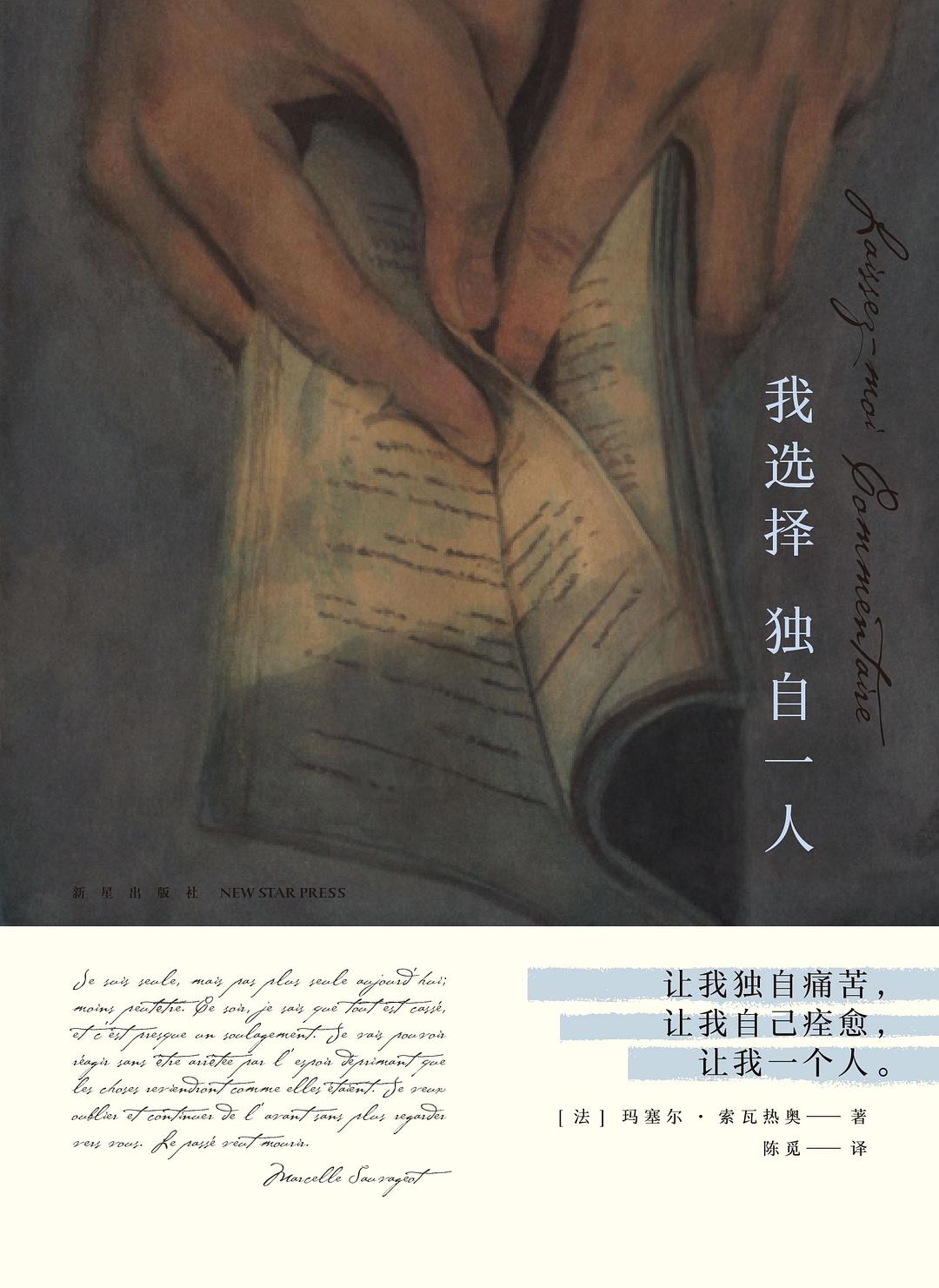I choose to be alone
I choose to be alone
[French] Marcelle Sauvageau
Low stock
Couldn't load pickup availability
About Book
About Book
Laissez-moi (Commentaire)
Douban
NeoDB
Let me suffer alone, let me heal alone, leave me alone—
An important milestone in French women's literature, a book that highlights the dignity of women's autonomy
Published for over 80 years, it has been reprinted and performed several times, touching the hearts of countless women around the world.
A woman suffering from tuberculosis, faced with a broken and hopeless love, writes a series of sincere letters that cannot be sent out, providing a calm analysis of the lost love, and writes "Lovers' Whispers" from a female perspective.
*************************** * ****************************
In the winter of 1930, while convalescing from tuberculosis in the small town of Thénauteville, Marcelle Sauvageau received a breakup letter from her lover. Struck both physically and mentally, she penned a series of unsent letters, chronicling the pain of this hopeless love and offering a sobering analysis of the fragility of relationships between men and women. These letters, compiled into "I Choose to Be Alone," became her only published work during her lifetime, leaving behind a lonely and resolute figure in French female literature and hailed as a book that embodies the dignity of female autonomy.
This book also includes Sauvageau's unpublished works, including art criticism, memoirs, and some diaries. These texts are also full of analysis of emotions, self, and life, fully presenting the image of a delicate and sensitive intellectual woman, allowing us to delve into the literary world of this late genius.
*************************** * ******************************
Such bitterness, purity, nobility, sobriety, elegance, and austerity in this little book, expressing such high-brow sorrow and heartbreak. We are almost tempted to say it is one of the finest works ever written by a woman, if such a sharp yet wounded confession of self-esteem can be considered a literary form. —Paul Claudel, French poet, diplomat, and Nobel Prize nominee
It can be said to be a work composed of chords and counterpoints—each theme has its own echo, each point of view has its own counterpart, revealing an extraordinary inner world, especially expressing the examination of the self. --French poet Paul Valéry
Challenge the pure flame of life! — French writer René Crevy
Publication Date
Publication Date
Publisher
Publisher
Imprint
Imprint
Pages
Pages
ISBN
ISBN
share

